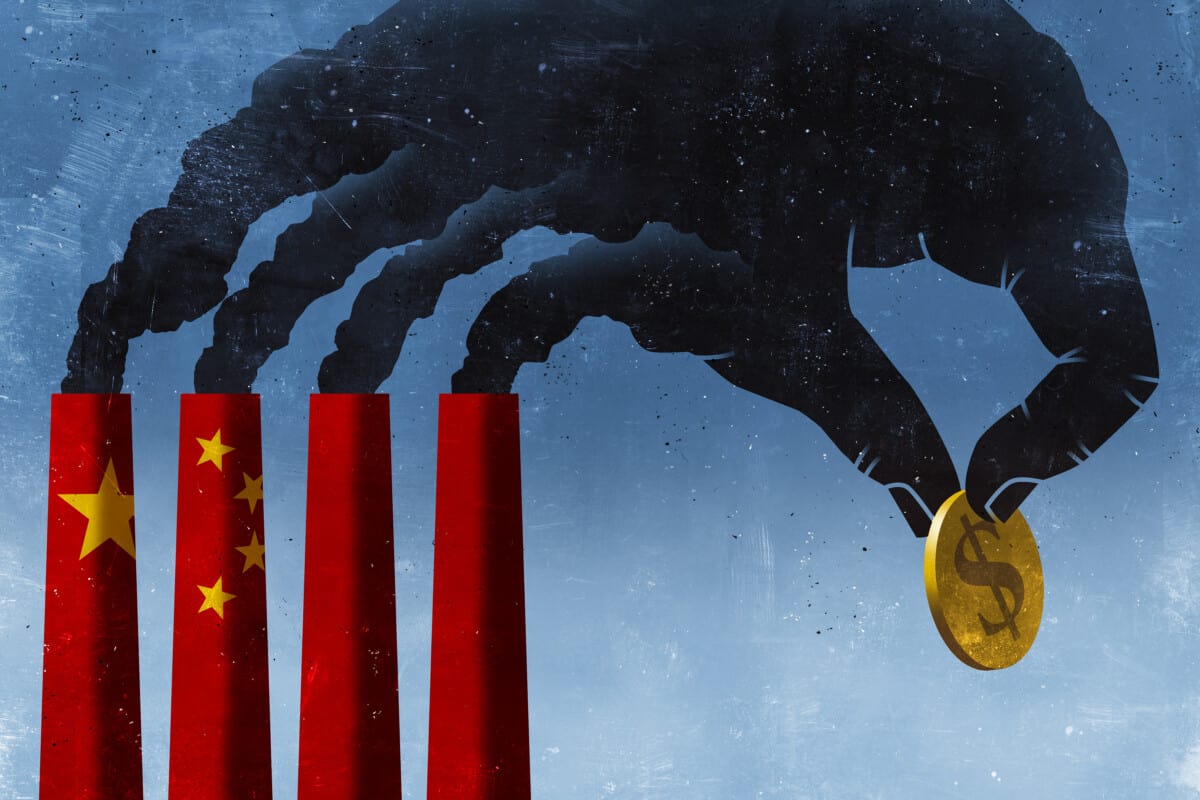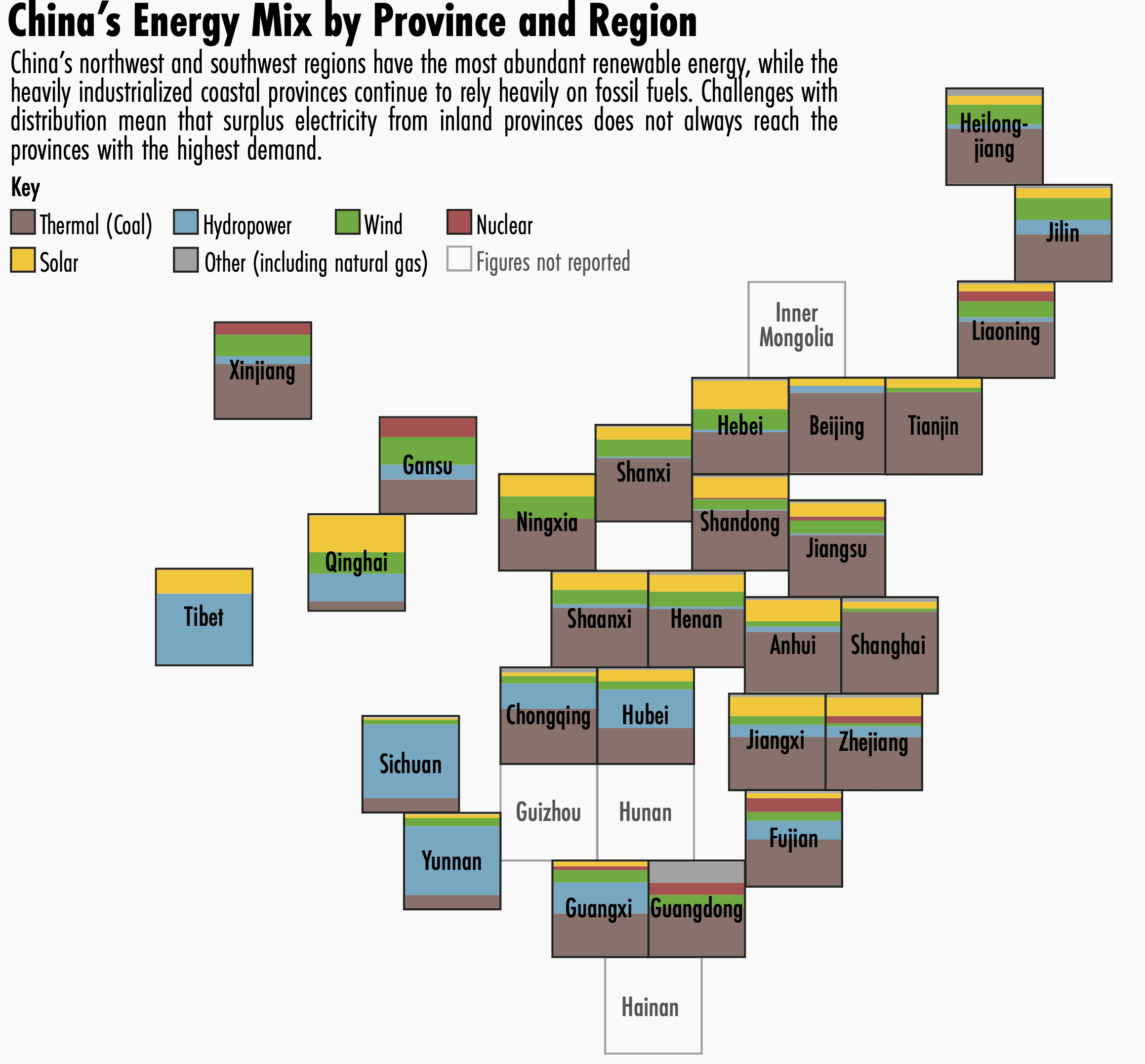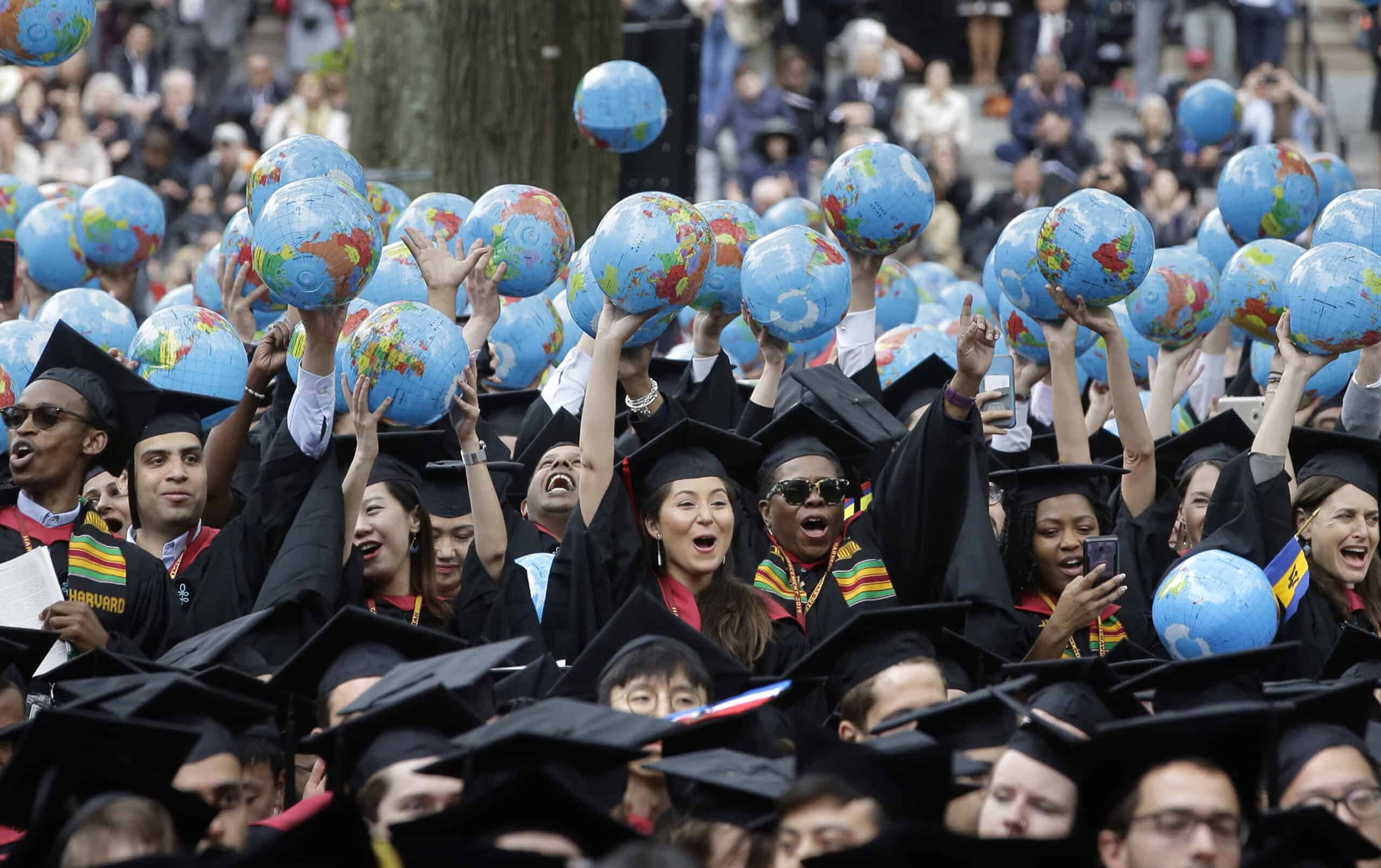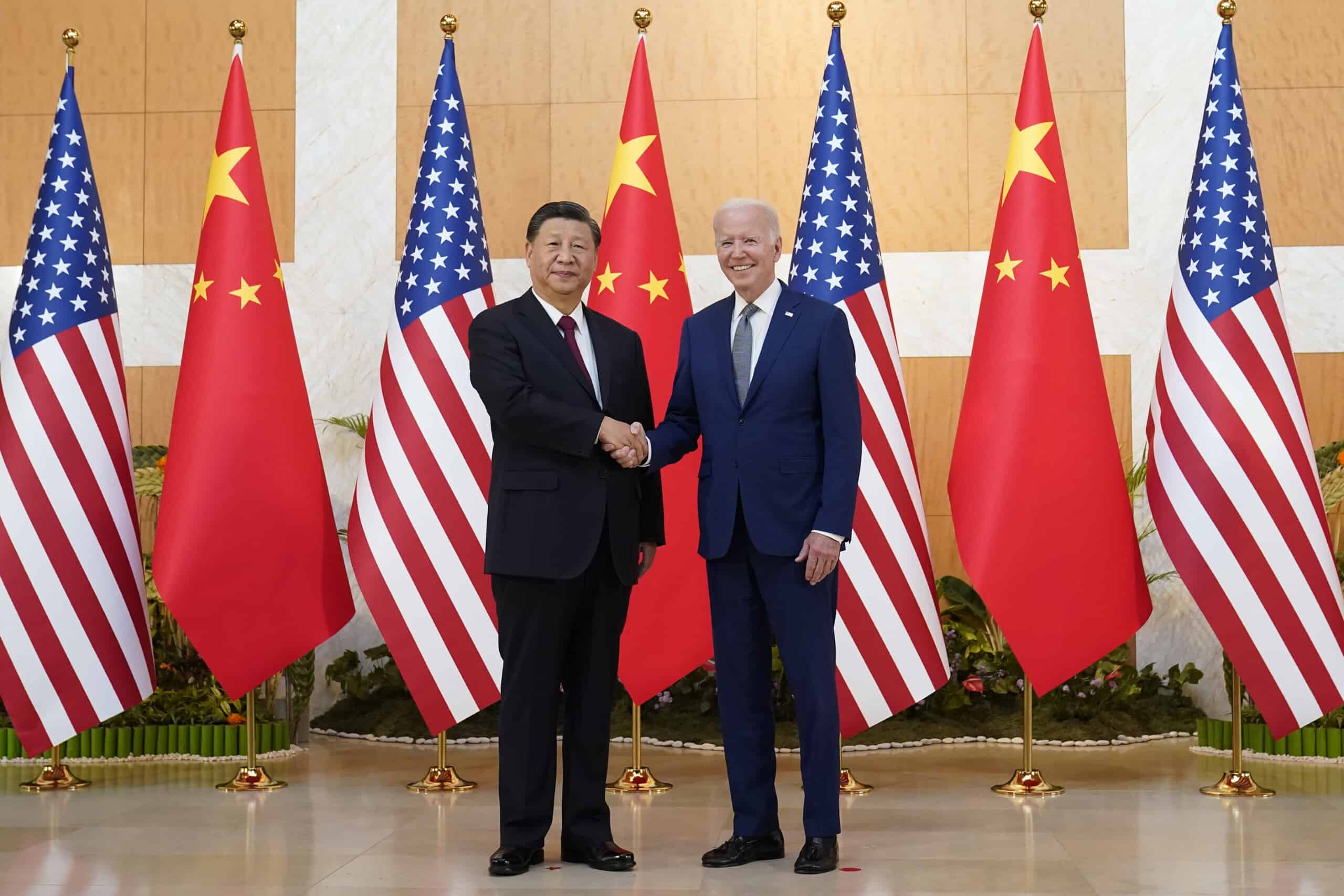Good evening. Climate change has been among the most polarizing and emotionally charged topics in American political life, with many assuming there is simply no space for bipartisan cooperation. But as our cover story this week — the fifth part of our series The Warming War — shows, the politics of climate change have started to shift considerably, in large part because of China. Elsewhere, we have infographics on China’s under-used energy grid; an interview with Joseph Torigian on making sense of Chinese politics; an op-ed about academic engagement with China; and an op-ed about refocusing U.S.-China climate relations. If you’re not already a paid subscriber to The Wire, please sign up here.
Want this emailed directly to your inbox? Sign up to receive our free newsletter.

Climate Consensus
Increasingly, Democrats and Republicans are realizing that climate change and China pose a single interconnected challenge. As a result — and for the first time ever — a window is opening up for bipartisan cooperation on climate policy. Historically progressive ideas like a ‘carbon border adjustment mechanism’ now have conservative champions, for instance. But as Eyck Freymann reports, with Washington’s main focus on the Warming War with China, can it still save the planet?

The Big Picture: China’s Under-Used Grid
China isn’t facing the kind of dire energy crunch faced by many consumers in Europe, but recurring power outages since last year are a reminder that it has electricity problems of its own. This week’s infographics by Eliot Chen look at China’s electricity grid: how it works, who foots the bill, and how its structure leads to power crunches and expensive prices despite the relative abundance of energy in China.
A Q&A with Joseph Torigian

Joseph Torigian is an assistant professor at the School of International Service at American University in Washington, D.C., and his latest book is Prestige, Manipulation and Coercion: Elite Power Struggles in the Soviet Union and China after Stalin and Mao. In this week’s Q&A with Brent Crane, he talks about the changing understanding of Leninist regimes; common misperceptions of the post-Mao era; and what the collapse of the Soviet Union means for China today.
Joseph Torigian
Illustration by Lauren Crow

We (Mostly) Have Nothing to Fear
Our universities must remain open to China, argues Dan Murphy from the Harvard Kennedy School in this week’s op-ed. We should not be in a competition with China to be more closed, to be quicker to censor, he says. Instead, our focus should be on ensuring our higher education system remains the strongest and most open in the world.

Refocusing U.S.-China Climate Relations
The Biden administration’s promise to “outcompete China” has sparked long overdue climate investments at home, but zero-sum competition holds potentially disastrous consequences for the climate. In this op-ed, Michael Davidson at UC San Diego argues that a new model is needed.
Subscribe today for unlimited access, starting at only $19 a month.



